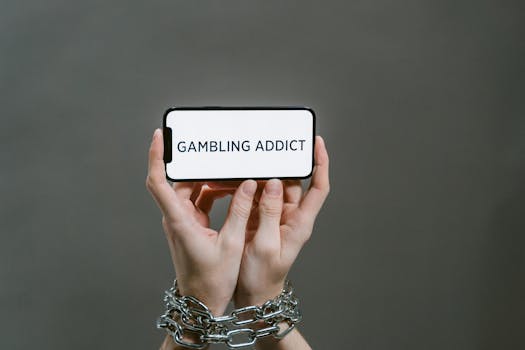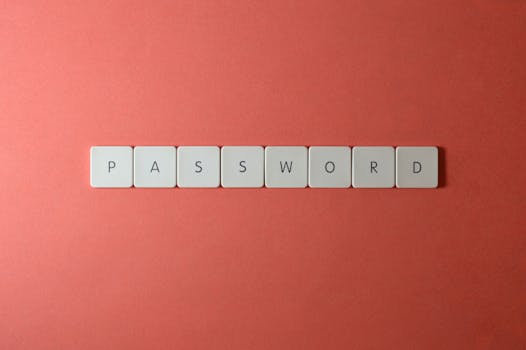Exploring the Psychology Behind Online Gambling Addiction
Online gambling addiction is a growing concern, with more individuals finding themselves entangled in its web as internet access and digital gaming proliferate. Understanding the psychology behind online gambling addiction is crucial for developing effective interventions and support systems. This article delves into the psychological triggers, explores various solutions, and assesses their pros and cons to help those affected find a way back to healthier habits.
What Drives Online Gambling Addiction?
At its core, gambling addiction involves compulsive behavior despite adverse consequences. Online platforms intensify this by offering easy access and the ability to gamble in private, often exacerbating the problem. Several psychological factors contribute to online gambling addiction:
- The Illusion of Control: Gamblers believe they can influence the outcome of a game, which can lead to repeated betting.
- Dopamine Rewards: Winning triggers dopamine releases, creating a pleasure association that drives the desire to gamble more.
- Escape from Reality: For some, gambling is a way to escape stress, depression, or other life challenges.
- Structured Approach: CBT provides a clear, structured program for gamblers, making it easier to follow and commit to.
- Evidence-Based: Numerous studies support CBT's effectiveness in treating various addictions, including gambling.
- Requires Professional Guidance: Effective CBT typically requires sessions with trained therapists, which can be costly and less accessible to some individuals.
- Time-Intensive: The therapy demands significant time investment, which might be challenging for busy individuals.
- Immediate Barriers: These programs provide an immediate physical and psychological barrier to gambling access.
- Supports Other Treatments: Often used in conjunction with therapies like CBT, enhancing overall effectiveness.
- Relies on Self-Motivation: The success of self-exclusion depends heavily on the individual's commitment to avoiding gambling.
- Can Be Circumvented: Tech-savvy individuals might find ways around online self-exclusion measures.
- Directly Addresses Neurochemistry: Medications can adjust the brain’s chemical balance, reducing cravings or withdrawal symptoms.
- Can Be Combined with Other Therapies: Medications are often used in conjunction with behavioral therapies, providing a comprehensive approach.
- Side Effects: Medications can have side effects, which might deter some individuals from this treatment option.
- Not a Standalone Solution: Medication alone is rarely sufficient; it usually needs to be part of a broader treatment plan.
- Holistic Health: Focusing on overall health can reduce the appeal of gambling as a coping mechanism.
- Community Support: Strong social support can provide emotional resilience and accountability.
- Requires Long-Term Commitment: Lifestyle changes and building a support network take time and continuous effort.
- Not Always Accessible: Not everyone has access to a supportive community or the resources needed to make substantial lifestyle changes.
Understanding these triggers is the first step in tackling gambling addiction.
Cognitive Behavioral Therapy (CBT)
Overview: CBT is a prevalent psychological treatment that challenges unhealthy gambling thoughts and behaviors.
Advantages:
Disadvantages:
Practical Example: A study published in the Journal of Gambling Studies demonstrated that gamblers who underwent CBT showed significant improvement in reducing gambling behaviors compared to those who didn't receive the therapy.
Self-Exclusion Programs
Overview: Self-exclusion programs are initiatives that allow gamblers to voluntarily ban themselves from gambling websites and establishments.
Advantages:
Disadvantages:
Practical Example: Many online gambling platforms now include options to self-exclude, which has helped numerous gamblers begin their recovery journey.
Medication-Assisted Treatment
Overview: Certain medications have been found to be effective in reducing the impulse to gamble.
Advantages:
Disadvantages:
Practical Example: Naltrexone, a medication used primarily for substance abuse, has also been prescribed to help treat gambling addictions by reducing the pleasure associated with gambling.
Lifestyle and Support Networks
Overview: Building a healthy lifestyle and a robust support network is critical in overcoming gambling addiction.
Advantages:
Disadvantages:
Practical Example: Gamblers Anonymous and similar groups offer peer support that has been instrumental in helping many recover from gambling addiction.
Conclusion
Understanding the psychology behind online gambling addiction is vital for addressing this complex issue. Treatments like Cognitive Behavioral Therapy, self-exclusion programs, medication-assisted treatment, and building a supportive lifestyle offer various pathways to recovery. Each has its advantages and challenges, and often a combination of these approaches is most effective. If you or someone you know is struggling with online gambling addiction, consider exploring these options and seek professional advice to determine the most appropriate strategy. Remember, recovery is a journey, and taking the first step is the most crucial part.
For further reading and resources, consider visiting reputable sites such as the National Council on Problem Gambling or Gamblers Anonymous for support and guidance.

.png)





